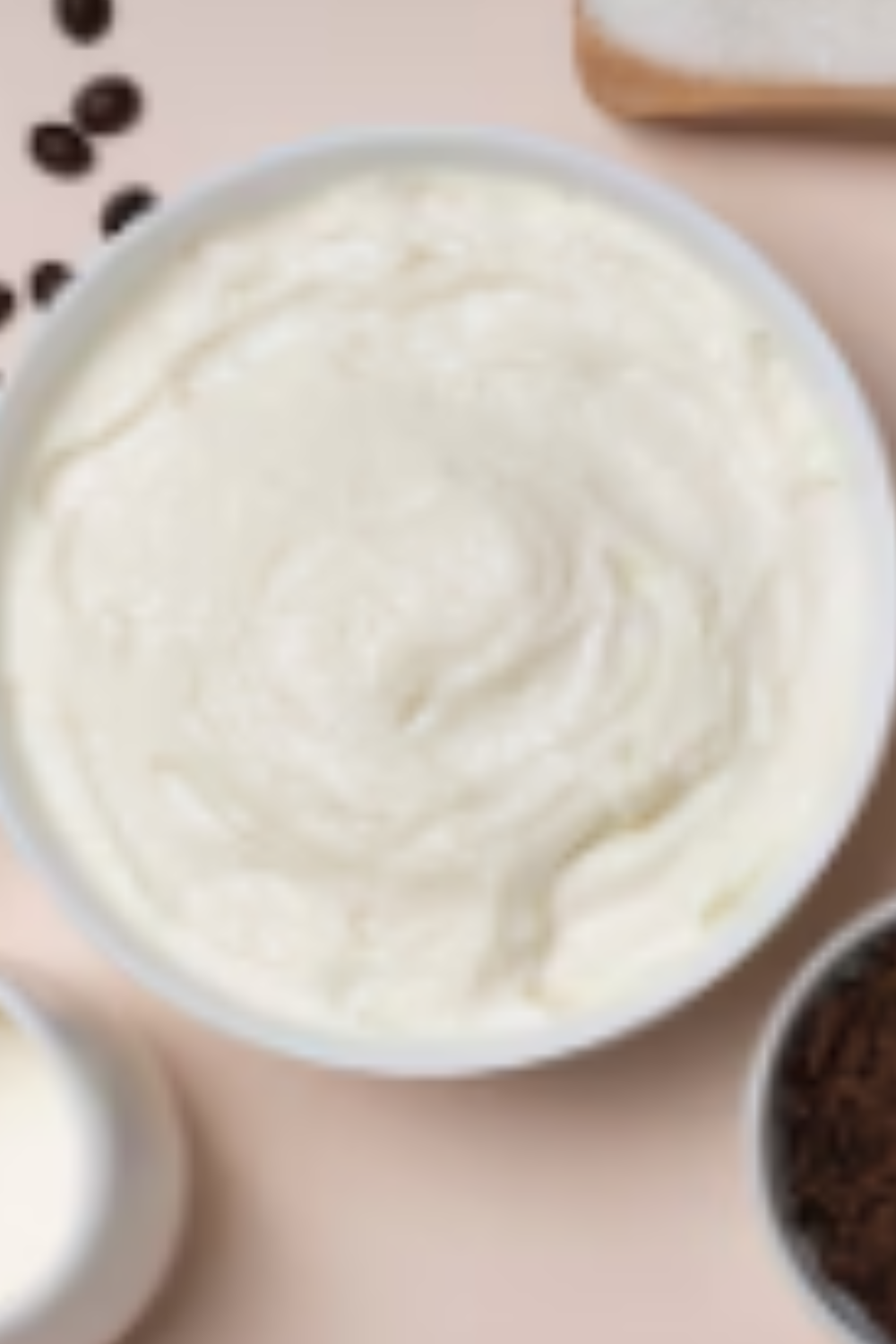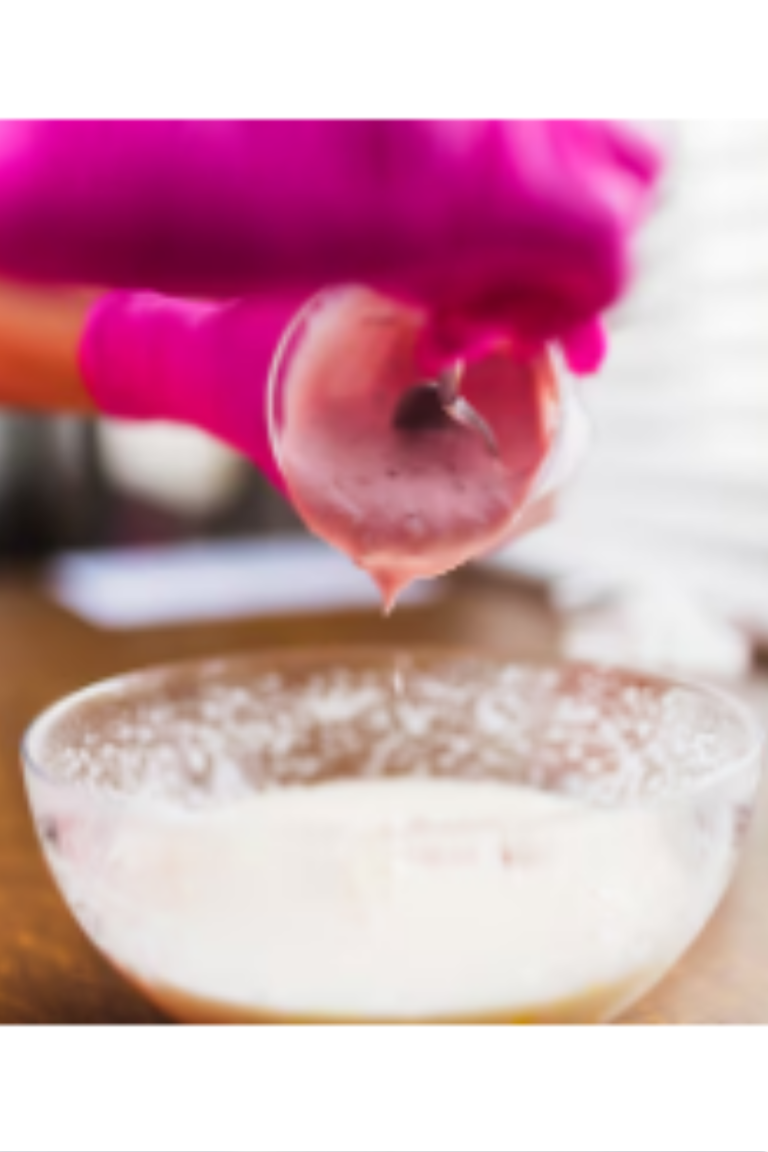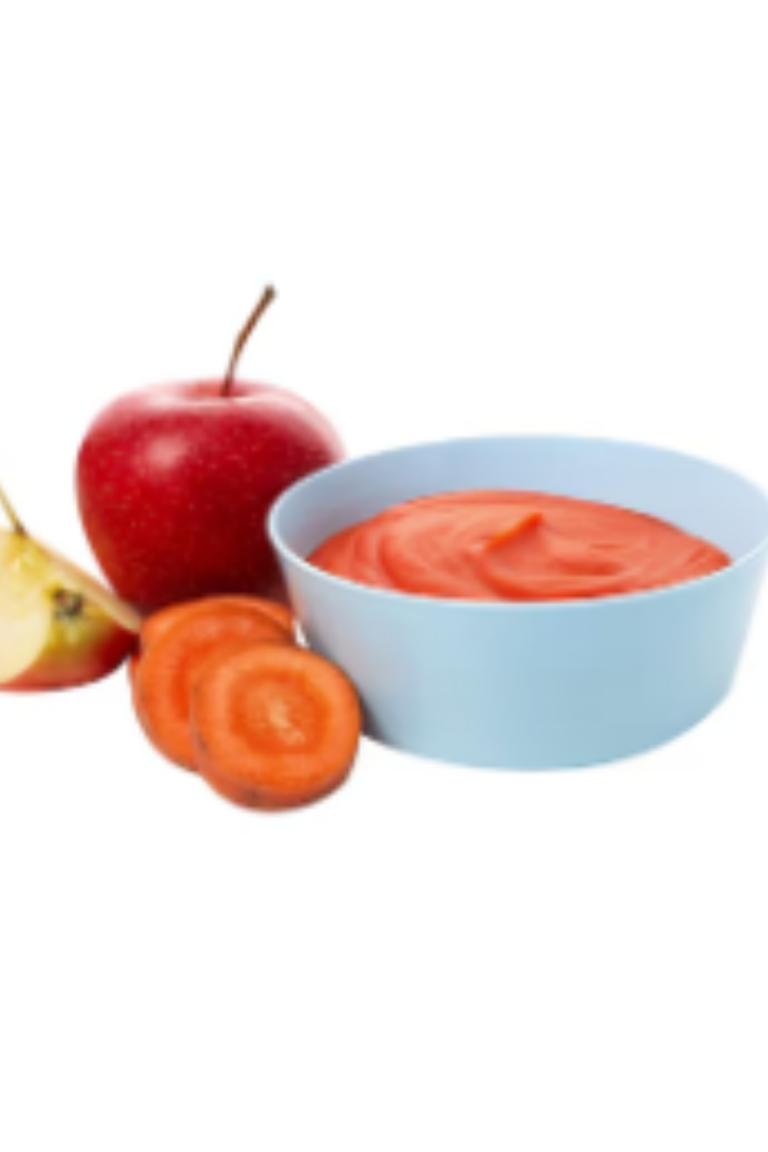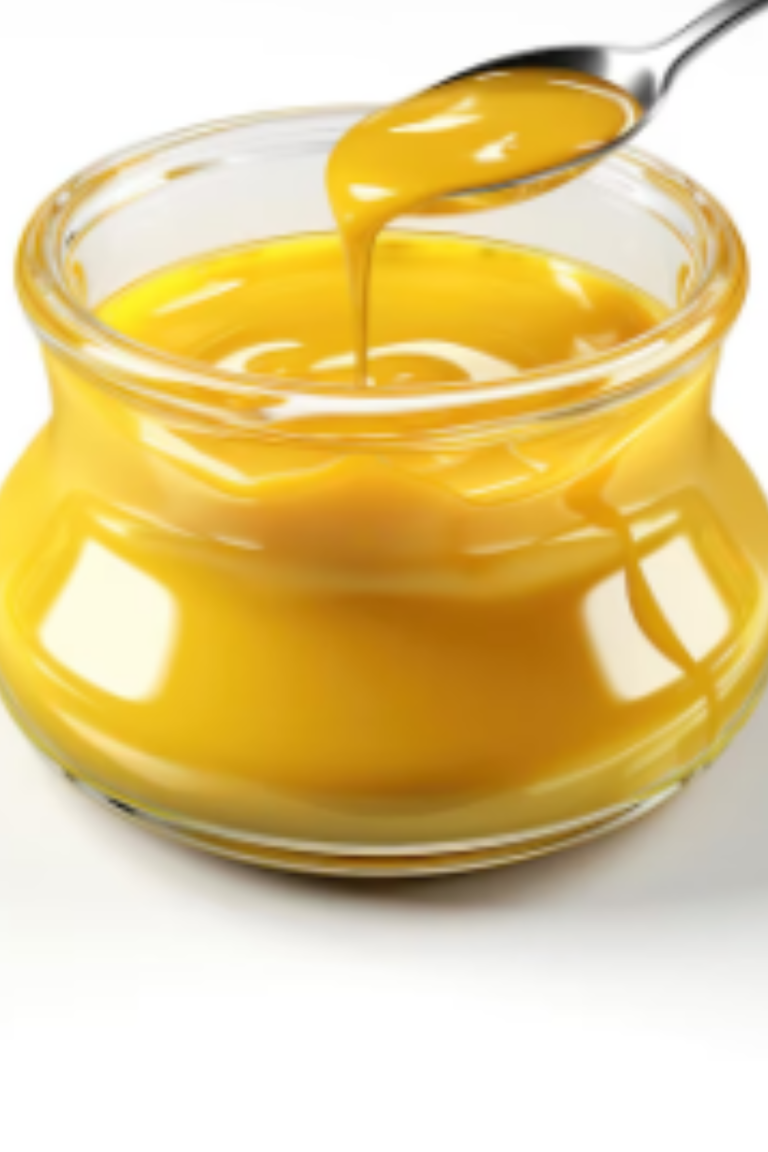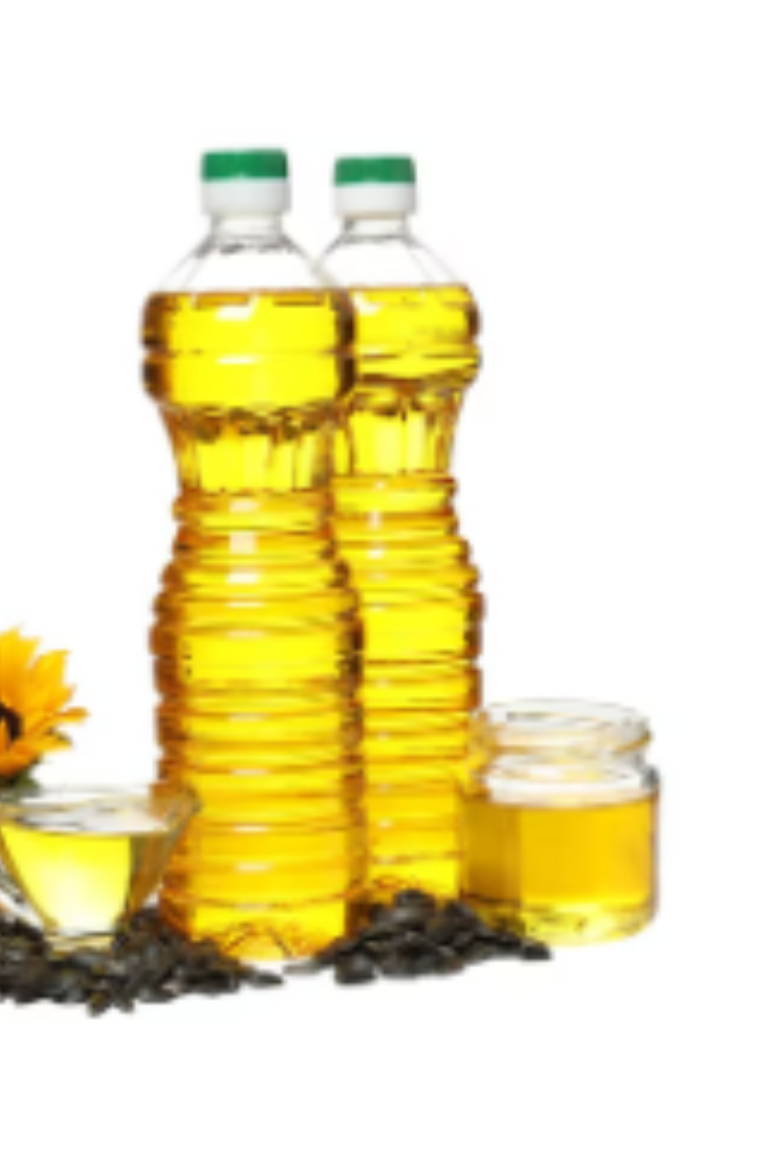IFC: Instant Frosting Cream role in cakes Explained
In this topic, I’m going to talk about Instant Frosting Cream (IFC) and its role in cakes, drawing from my own personal experience.
Table of Contents
ToggleWhat is Instant Frosting Cream (IFC)?
Instant Frosting Cream, or IFC, is a versatile ingredient designed to simplify and enhance the process of frosting cakes. It’s a premade frosting mixture that typically comes in powder form. This product is specifically formulated to be easily mixed with water or milk to create a smooth and creamy frosting suitable for various cake applications. Check out the right Instant Frosting Cream, cake tools, and ingredients that you need here.
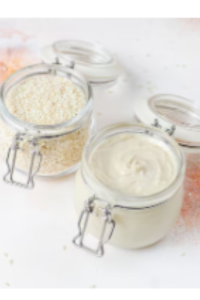
Its Role in Cakes
When it comes to baking cakes, frosting is more than just a decorative topping; it plays a crucial role in enhancing flavor, texture, and overall presentation. IFC serves several key purposes in cake decoration and preparation:
1. Convenience and Time-Saving
IFC is prized for its convenience. As a ready-to-use powder, it eliminates the need for preparing frosting from scratch, which can be time-consuming. With IFC, you can quickly whip up a frosting mixture by simply adding liquid and stirring, saving valuable time during busy baking sessions.
2. Consistency and Texture
Achieving the perfect frosting consistency can be challenging for home bakers. IFC offers a consistent texture that spreads smoothly over cakes without clumping or becoming too runny. This ensures an even and professional-looking finish, whether you’re frosting a layered cake, cupcakes, or even cookies. Check out the right Instant Frosting Cream, cake tools, and ingredients that you need here.
3. Versatility in Decoration
From classic buttercream to vibrant colored frostings, IFC allows for versatility in decoration. Depending on the brand and type, you can find IFC in various flavors and colors, making it easy to match the frosting to the theme or flavor of your cake. Some varieties also offer options for piping and intricate designs, enhancing the aesthetic appeal of your baked creations.
4. Shelf Life and Storage
Unlike homemade frosting, which can spoil relatively quickly, IFC typically has a longer shelf life when stored properly. This makes it a practical choice for both occasional and frequent bakers who want to have frosting on hand without worrying about it going bad.
Instant Frosting Cream (IFC) is a valuable tool for anyone who enjoys baking and decorating cakes. It provides convenience, consistent quality, and versatility in creating beautifully frosted cakes, making it a staple in the kitchen for both amateur and professional bakers alike. Check out the right Instant Frosting Cream, cake tools, and ingredients that you need here.
Drilling Deeper: Comparing Different Types of Frosting
Now that we’ve explored the basics of Instant Frosting Cream (IFC), let’s dive deeper into comparing it with other types of frosting commonly used in baking.
1. Buttercream Frosting
Texture and Flavor: Buttercream is known for its rich, buttery flavor and creamy texture. It’s made from butter, powdered sugar, and flavorings like vanilla extract. Buttercream can be adjusted for stiffness and is often used for decorating intricate designs due to its smooth consistency when properly whipped.
Preparation: Unlike IFC, which is premade and requires only mixing with liquid, buttercream requires whipping butter and sugar together until fluffy. This process can be time-consuming and requires attention to achieve the desired texture.
Versatility: Buttercream is highly versatile and can be flavored and colored in various ways. It’s suitable for piping borders, creating rosettes, and other decorative elements on cakes and cupcakes. Check out the right Instant Frosting Cream, cake tools, and ingredients that you need here.
2. Fondant
Texture and Appearance: Fondant is a smooth, pliable icing that gives cakes a polished finish. It’s made from sugar, water, and gelatin, giving it a stretchy consistency ideal for rolling out and draping over cakes.
Application: Fondant is rolled out and draped over a cake to create a smooth surface. It’s often used for wedding cakes and special occasion cakes where a flawless appearance is desired. Unlike buttercream and IFC, fondant is not typically used for intricate piping but excels in creating elaborate decorations and sculpted figures.
Flavor: Fondant itself is sweet but is often criticized for its lack of flavor compared to buttercream or other frosting types. It’s sometimes used in conjunction with buttercream to provide both aesthetic appeal and flavor.
3. Whipped Cream Frosting
Texture and Taste: Whipped cream frosting is light, airy, and has a delicate flavor. It’s made from heavy cream, powdered sugar, and vanilla extract, whipped to soft peaks. This type of frosting is not as stable as buttercream or IFC and requires refrigeration.
Usage: Whipped cream frosting is best used for light, fluffy cakes and desserts where a less sweet topping is desired. It’s not suitable for elaborate decorations or for withstanding heat or prolonged exposure outside of refrigeration.
tips for Choosing the Right Frosting
When choosing between Instant Frosting Cream (IFC), buttercream, fondant, or whipped cream frosting, consider the following factors:
- Convenience: IFC offers the convenience of instant preparation, ideal for quick frosting jobs.
- Decoration: Buttercream allows for intricate designs and piping, while fondant provides a smooth, professional finish.
- Taste Preference: Whipped cream frosting offers a lighter, less sweet option compared to buttercream or IFC. Check out the right Instant Frosting Cream, cake tools, and ingredients that you need here.
comparison tabular
Here’s a comparison table summarizing the key features and considerations of different types of frosting: Instant Frosting Cream (IFC), Buttercream, Fondant, and Whipped Cream Frosting.
| Feature/Type of Frosting | Instant Frosting Cream (IFC) | Buttercream | Fondant | Whipped Cream Frosting |
|---|---|---|---|---|
| Texture | Smooth, creamy | Creamy, smooth, can be adjusted for stiffness | Smooth, stretchy, ideal for rolling out | Light, airy, delicate |
| Flavor | Various flavors available | Rich, buttery | Generally sweet, less flavorful | Light, with a hint of sweetness |
| Preparation | Instant mix, requires mixing with liquid | Whipping butter and sugar until fluffy | Kneading and rolling out, then draping over cake | Whipping heavy cream with sugar and flavorings |
| Versatility | Offers various colors and flavors, suitable for quick frosting jobs | Highly versatile, can be flavored and colored, suitable for intricate designs | Primarily used for smooth finishes, less versatile in terms of flavor and decoration | Light, less sweet, best for simple decorations |
| Decoration | Limited to spreading or piping basic designs | Ideal for intricate piping, borders, and flowers | Used for creating smooth surfaces, not ideal for detailed piping | Limited to simple decorations due to stability |
| Stability | Stable at room temperature | Stable at room temperature, can be refrigerated | Stable but needs careful handling, can dry out if not stored properly | Requires refrigeration, not stable in warm environments |
| Taste Preference | Sweet, with various flavor options | Rich and buttery, favored for its taste | Mildly sweet, less flavorful on its own | Light and refreshing, less sweet |
Key Considerations:
- Purpose and Application: Choose based on the desired look and functionality of the frosting. IFC for quick and convenient frosting, buttercream for decorative purposes, fondant for smooth finishes, and whipped cream for light, airy textures.
- Flavor and Texture: Consider the taste preferences of your audience and the type of cake being frosted. Some frostings complement certain flavors better than others.
- Handling and Storage: Factor in how the frosting will be stored and served. Buttercream and IFC are more stable at room temperature, while fondant and whipped cream frosting require refrigeration.
- Skill Level: Different frostings require varying levels of skill and practice to achieve desired results, especially with intricate designs and decorations.
FAQs on Frosting Types
Q: What is the advantage of using Instant Frosting Cream (IFC) over homemade frosting?
A: IFC offers convenience as it comes in a premade powder form that only requires mixing with liquid. This saves time and ensures consistency in texture and flavor.
Q: Can IFC be colored or flavored?
A: Yes, IFC comes in various flavors and colors, allowing for customization to suit different cake themes and tastes.
Q: Which frosting type is best for intricate cake decorations?
A: Buttercream is often preferred for intricate designs due to its smooth texture and ability to hold shape when piped.
Q: Is fondant difficult to work with?
A: Fondant requires kneading and rolling skills to achieve a smooth finish. It’s ideal for creating sleek, professional-looking cakes but may take practice to master.
Q: Can whipped cream frosting be used for all types of cakes?
A: Whipped cream frosting is best suited for light and airy cakes where a less sweet topping is desired. It requires refrigeration and is not suitable for elaborate decorations. Check out the right Instant Frosting Cream, cake tools, and ingredients that you need here.
Final Words
Choosing the right frosting can elevate your baking from good to exceptional. Whether you opt for the convenience of Instant Frosting Cream (IFC), the versatility of buttercream, the smooth finish of fondant, or the lightness of whipped cream frosting, each type brings its own unique qualities to your cakes.
Experimenting with different frostings allows you to discover which one best suits your baking style and the occasion. Remember to consider factors like taste preferences, cake design requirements, and skill level when selecting a frosting type. With practice and creativity, you can create beautifully frosted cakes that not only taste delicious but also look professionally decorated.

Hi!
I’m Mike, the creator of Forum Foodies. In my own personal experience, understanding ingredients is key to great cooking.
Forum Foodies offers guides on various ingredients, from staples to exotic finds. Join our community, share your experiences, and learn from fellow food lovers.
Have questions or suggestions? Email me at info@forumfoodies.com. Let’s embark on this delicious adventure together.
Happy cooking.
Mike/
Related Posts
- PCF: Pistachio Cream Frosting role in cakes Clarified
In this topic, I'm going to talk about a delightful addition to cakes: Pistachio Cream…
- COCF: Coconut Cream Frosting role in cakes Explained
In this topic, I'm going to talk about Coconut Cream Frosting, sharing insights from my…
- EMC: Eggless Milk Cream role in cakes Clarified
If you love baking but want to avoid using eggs, then you're in for a…
- CCF: Coconut Cream Frosting its role in cakes Clarified
In this topic, I'm going to talk about CCF - Coconut Cream Frosting in my…
- HCF: Hazelnut Chocolate Frosting role in cakes Clarified
In this topic, I'm going to talk about Hazelnut Chocolate Frosting, sharing insights from my…
- BCF: Blackberry Caramel Frosting role in cakes clarified
In this topic, I'm going to talk about Blackberry Caramel Frosting (BCF) in my own…
- EBF: Espresso Buttercream Frosting role in cakes Clarified
In this topic, I'm going to talk about Espresso Buttercream Frosting (EBF) in my own…
- RCP: Raspberry Cream Puree role in cakes Clarified
In this topic, I'm going to talk about Raspberry Cream Puree and its role in…
- CEF: Chocolate Espresso Frosting role in cakes Clarified
In this topic, I'm going to talk about CEF - Chocolate Espresso Frosting, drawing from…
- AMF: Almond Milk Frosting its role in cakes Clarified
In this topic, I'm going to talk about Almond Milk Frosting, sharing insights from my…
- DLF: Date Lemon Frosting role in cakes Clarified
In this topic, I'm going to talk about DLF - Date Lemon Frosting in my…
- EMF: Evaporated Milk Frosting role in cakes Explained
In this topic, I'm going to talk about Evaporated Milk Frosting (EMF) in my own…
- ACF: Almond Cream Filling role in cakes clarified
In this topic, I'm going to talk about almond cream filling in my own personal…
- RCM: Raspberry Cream role in cakes Clarified
In this topic, I'm going to talk about a delightful ingredient that has played a…
- DCF: Date Coconut Frosting role in cakes Clarified
In this topic, I'm going to talk about one of my favorite elements in baking:…

